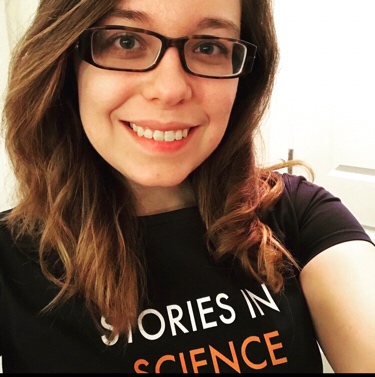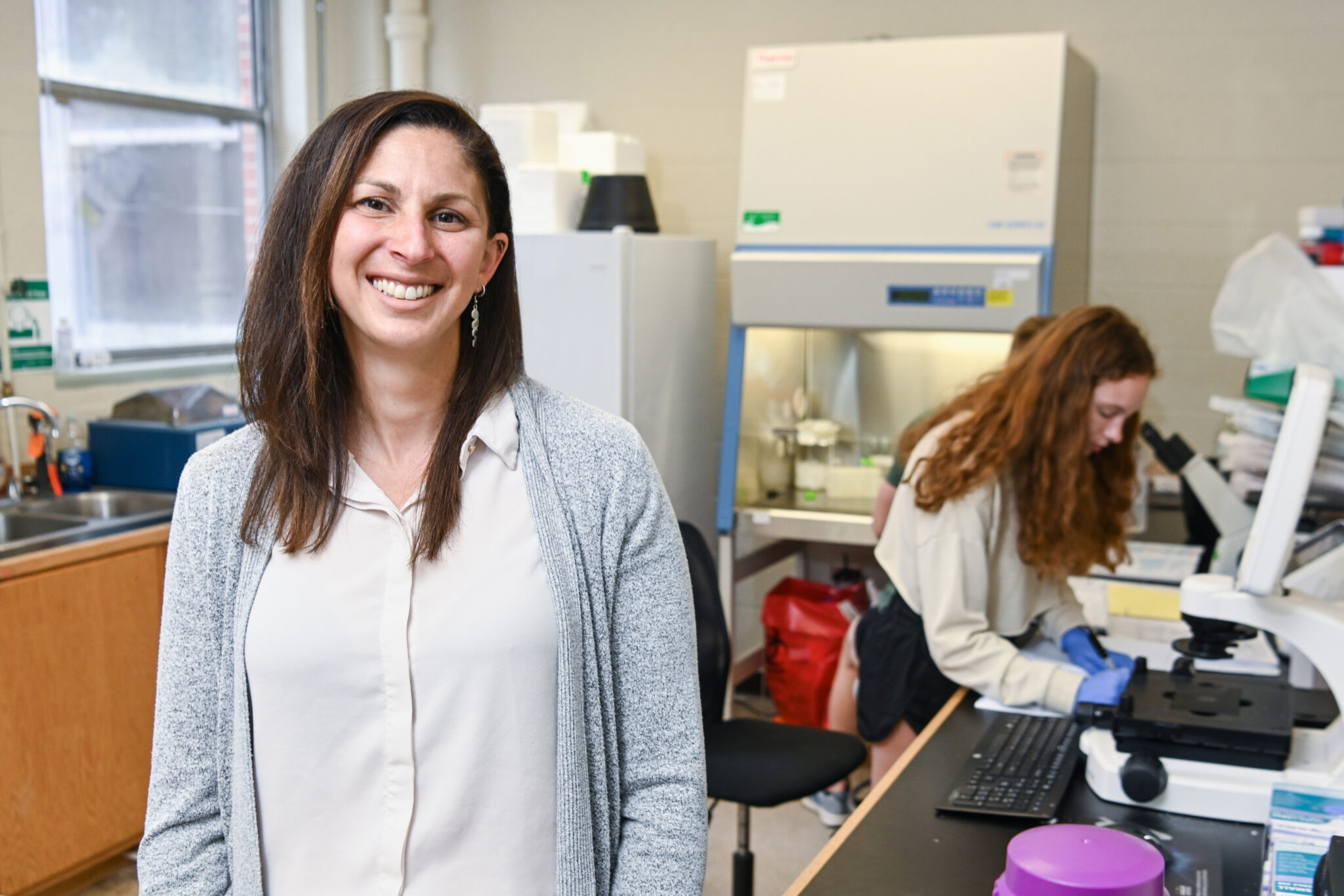Pernille Bülow has a PhD in Neuroscience and currently works as a Product Specialist on neurophysiology at iMotions. She is passionate about understanding and questioning the mind-body relationship. In her spare time, Pernille practices fencing, horse riding, performing aerial acrobatics and reads lots of fiction. We took some a moment to ask her about her education and career.
Science Connected: So, what kind of work do you do?
Pernille Bülow: I help scientists at universities and at companies develop their research. Specifically, I work at a company that is a leader in the field of neurophysiological devices and software. These techniques can measure a person’s brain and body response to different experiences. I use my PhD background in neuroscience to advise other scientists on how to implement neurophysiology technologies into their research, by acting as a consultant and specialist on experimental design, technology, and data interpretation. This position gives me an opportunity to learn about new research all the time!
SC: Why do you think your research is important to society at large?
Pernille: My work touches not just one but many research projects! I get to help researchers all over the United States answer cutting-edge questions to improve our understanding of human behavior and disease.
SC: Looking to the future, if your work is successful, how might that improve people’s lives?
Pernille: Neurophysiology techniques can be used to answer a lot of different types of research questions. For example, some researchers use the technology to understand how the brains of people with depression may respond differently to happy faces. Intriguingly, after treatment, their brain responses change and become like non-depressed people. This type of research helps us understand which regions of the brain are affected by depression and changed by successful treatment. Other researchers use our technologies to address how comfortable and safe people feel in cars and stores. This type of research helps improve for example car design to optimize safety. And this is just the beginning of all the researchers we work with!
SC: Why did you choose this work? What do you love most about it?
Pernille: I have always been deeply interested in understanding why people behave the way they do, how they become who they are, and why some people are more vulnerable to develop mental health challenges than others. This interest led me through interesting academic degrees and research in psychology and neuroscience. I love my current work because I get to work right in the intersection of neuroscience and psychology. We use neuroscience tools to understand the mind and behavior. Not only is it interesting, we also make loads of meaningful differences on improving diagnosis and treatment of mental health disorders, and increasing psychological health for everyone in the society.
SC: What would you tell a young person interested in pursuing a neurophysiology career like yours?
Pernille: Be open-minded, curious, and ready to learn. Almost any job that involves consulting and research will necessitate a broad level of knowledge that touches fields outside of your specialty. Always chase a new subject to learn, get hands-on experience by working in a laboratory or volunteer at schools and/or mental health organizations. The combination of academic and “real world” knowledge is what will make you not just stand out but also help you find out where your passion lies. An ignited passion is what will make you successful.
If you are specifically interested in working in neurophysiology and human research, I would recommend taking university courses on neuroscience and psychology subjects, that cover how the human brain develops and functions and how that drives behavior. Usually courses called “cognitive” or “developmental” neuroscience will cover these types of topics. It’s also important to get more technical understanding on how to perform experimental research, this you can do in one (or both) of two ways:
1. Take classes. For example, classes in neuroscience techniques (make sure they are focused on doing research on humans) and/or
2. Work in a research lab that uses techniques you think are interesting.
SC: Let’s talk about your life outside of work! What do you enjoy doing in your free time?
Pernille: I have a lot of hobbies! Outside of work, I practice fencing, aerial acrobatics, and horse riding. I also volunteer at a non-profit mental health organization, spend hours in my kayak, and I read fiction every evening. And of course, I see my friends as much as I can!
SC: Finally, what is one thing our readers be most surprised to learn about you?
Pernille: For most of my life I wanted to become a professional equestrian – that is, someone who rides and trains horses professionally. I still ride and after my PhD I spent 3 months as a “working student” at a Dressage Stable in the US. I still have not fully let go of the dream of riding horses for a living. Maybe it will happen one day!
Meet more scientists in the Get to Know a Scientist series!




